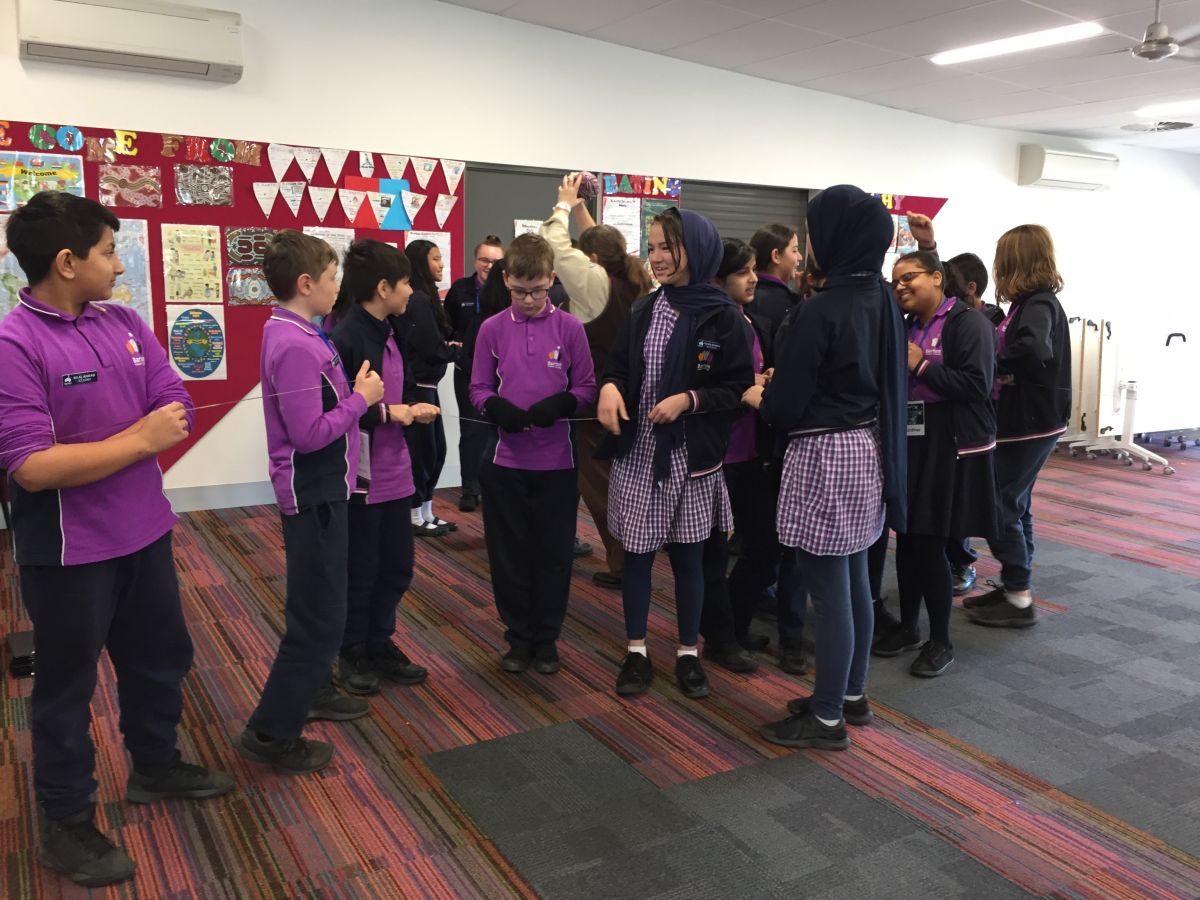![]()
Finalist - Inspiring community engagement and education
(professional agencies and large organisations)
The ‘Turn the Tide’ program was developed by the Phillip Island Nature Parks. It engages and inspires students to appreciate and care for the environment, their school, and local community – developing an understanding of biodiversity and creating their own projects that connect how individual actions impact the coast and marine environment. The program message is one of hope and the goal is empowerment, so future generations continue the journey to protect our biodiversity and natural systems.
A key challenge for young people in obtaining a better understanding of marine and coastal issues is opportunities for visiting the coast. To remove this barrier, Phillip Island Nature Parks secured a grant from the Victorian Department of Education and Training, allowing the program to cover bus costs and ranger time to offer an entirely free program. This gives students access to marine and coastal environments, and provides experiences that promote biodiversity through action.
In 2019 1,118 students from 40 lower socio-economic schools from across the South-eastern suburbs of metropolitan Melbourne and regional schools from South Gippsland had participated in the program. Students were given opportunities to visit Phillip Island Nature Parks, looking at coastal and marine environments and how the Park deal with conservation challenges. Once back at school, students are supported to expand their understanding of biodiversity by surveying their local environment, developing, and implementing a conservation action in their school or wider community. Student projects have included:
- cup libraries and re-usable cups
- creation of coastal wildlife habitat and habitat improvement
- reduced soft plastics
- ‘nude food’ days
- improved recycling and artistic or awareness campaigns promoting the reduction of rubbish that impacts on our coastal wildlife.





Page last updated: 20/11/20